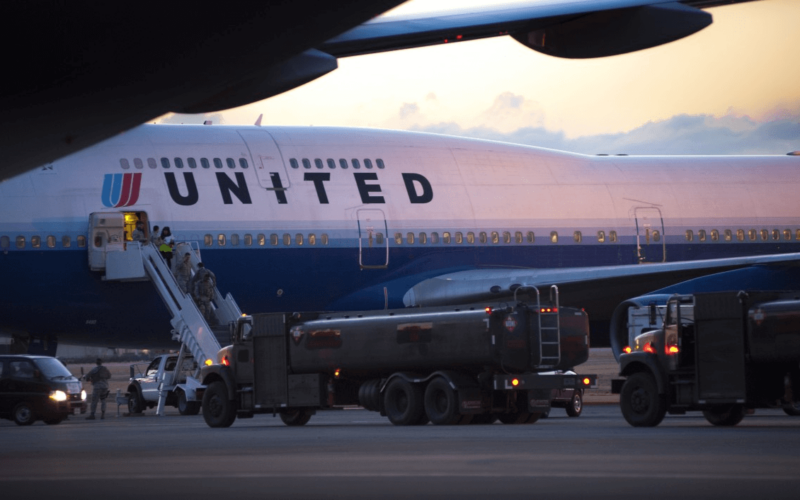In April 2020, together with other biggest carriers of the U.S., United Airlines got a $5 billion rescue package from the federal government. The state aid in cash and loans was given to airlines under one condition – they were to ensure that employees keep jobs until October 2020. United Airlines has allegedly broken the agreement by asking employees to take unpaid leave.
A shift manager in O’Hare International Airport, Chicago, Kenneth England, has accused the carrier of violating terms of federal aid contract. In a lawsuit, filed on May 13, 2020, he claims that after two weeks after signing the funding agreement, United placed employees on 20 days of unpaid workdays.
England, who is a United Airlines non-union employee, states in a lawsuit that the airline promised to “not require any employee to take a temporary suspension or unpaid leave for any reason, it would not reduce the pay rate of any employee earning a salary or wages, and it would not reduce the benefits of any employee, until September 30, 2020.”
A spokesman from United Airlines responded in a statement, saying the carrier still employs 100% of its workforce. However, some of the employees took unpaid leave willingly. “Already, tens of thousands of United employees… have voluntarily agreed to unpaid leave because they want to help the company survive the crisis,” he noticed.
The federal bailout of $25 billion was given to major carriers to avoid layoffs in the industry hitting a rough patch from corona crisis effects. Back then, United Airlines spokesman Frank Benenati indicated in a statement that the funds would “cover a portion of our pay and benefits costs through September 30.”
Like other U.S. carriers, United was not to start reducing its workforce and cutting wages before October 2020, a delay that conditioned the grant of the stimulus package.
On April 20, 2020, in the initial documents filed with the United States Securities And Exchange Commission (SEC), United Airlines reported a $2.1 billion loss for the first quarter of 2020, as it faces the impact of low travel demand due to the coronavirus pandemic.

